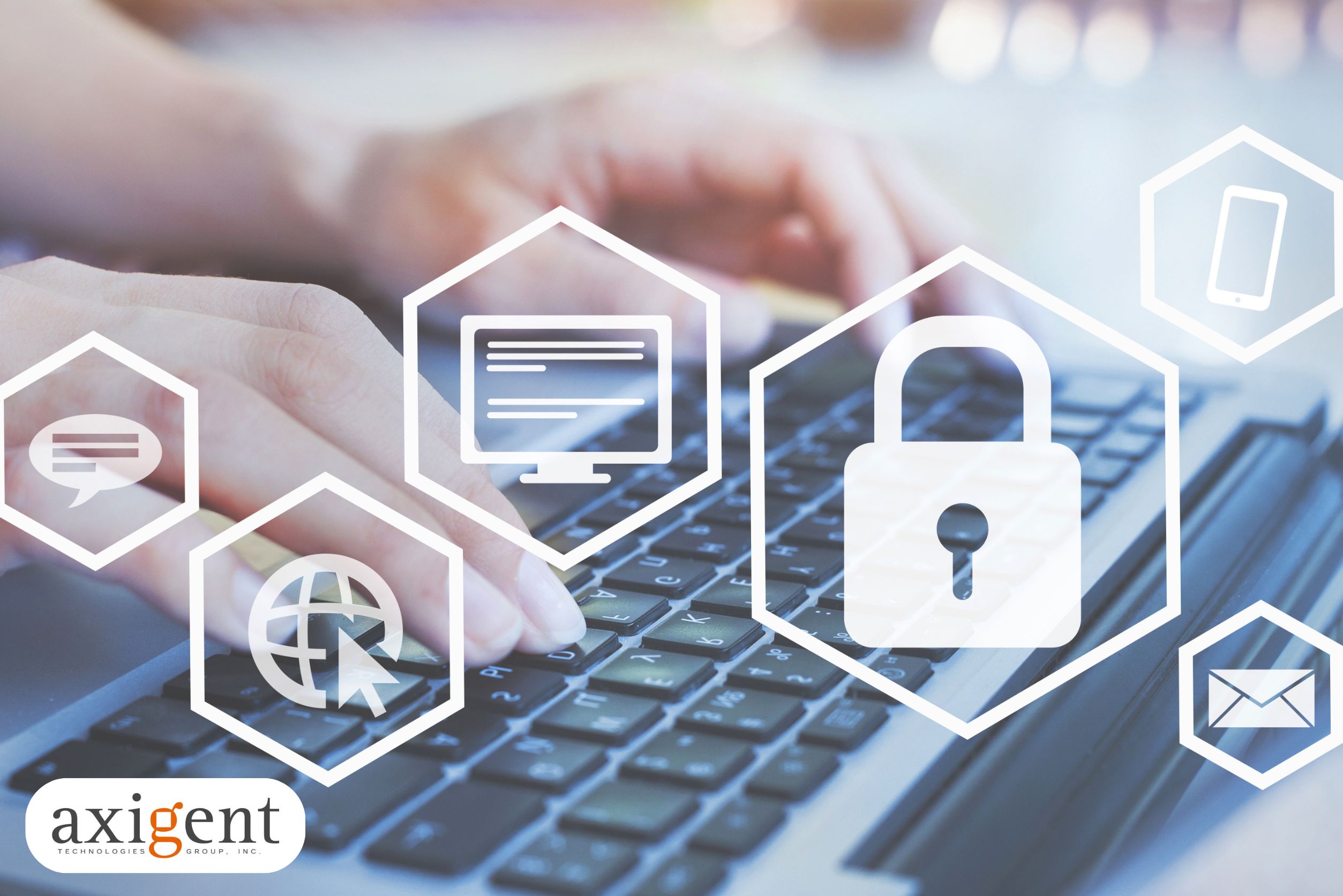5 Quick Wins to Strengthen Your Cybersecurity

Cybersecurity might sound like something only IT professionals need to worry about- but the truth is, everyone plays a role in keeping information safe. Every account and device you use creates an opportunity for protection or exposure.
The good news? You don’t need to overhaul your entire digital life to make a difference. A few small, consistent habits can dramatically reduce your risk of being hacked, scammed, or compromised.
Here are five quick wins you can implement today to strengthen your cybersecurity and keep your data secure.
1. Use Strong, Unique Passwords or Passphrases
Passwords and passphrases are your first line of defense- but they’re also one of the most common weaknesses in online security.
Too many people reuse the same password or passphrase across multiple accounts or choose simple ones that are easy to guess.
Quick Win:
- Use passwords with at least 12 characters, mixing upper and lowercase letters, numbers, and symbols.
- Passphrases can be even safer than passwords because they’re easier for humans to remember and harder for machines to guess (i.e. PurpleMatchaGirl628!)
- Avoid personal information like your name, birthday, or pet’s name.
- Never reuse passwords across accounts.
Pro tip: A password manager can generate and securely store complex passwords and passphrases for you, so you don’t have to remember them all.
2. Turn On Multifactor Authentication (MFA)
Even the strongest passwords can be compromised- that’s why multi-factor authentication (MFA) is so important. MFA adds an extra step to verify your identity, usually by sending a code to your phone or requiring biometric confirmation.
Quick Win:
Enable MFA on all major accounts- emails, banking, social media, and work logins. This single step can block over 99% of automated attacks, according to Microsoft research.
Pro Tip: Use an authenticator app instead of text messages (SMS authentication) when possible. With SMS you have a potential risk of being a victim to a SIM card swap attack.
3. Keep Your Software Up to Date
Cyber attackers often exploit outdated software to gain access to systems. When you ignore updates, you’re leaving known security holes open.
Quick Win:
- Enable automatic updates on your devices.
- Update your browser extensions, mobile apps, and antivirus software regularly.
- Restart your devices occasionally so updates can install fully.
Pro Tip: Schedule a weekly reminder to check for updates- it’s a simple habit that protects you from evolving threats.
4. Be Careful with Public Wi-Fi
Free Wi-Fi in coffee shops and airports might be convenient, but it’s rarely secure. Hackers can easily intercept unencrypted data on open networks.
Quick Win:
- Avoid logging into sensitive accounts (like email or banking) on public Wi-Fi.
- Use a Virtual Private Network (VPN) to encrypt your connection when you must use public networks.
- Disable auto-connect settings so your device doesn’t join unknown networks automatically.
Pro-Tip: If you’re working remotely, use your mobile hotspot instead of public Wi-Fi for safer access.
5. Back Up Your Data Regularly
Imagine losing all your files- photos, work documents, or financial records- to a ransomware attack or system failure. Regular backups ensure you can recover your information without paying a ransom or losing critical data.
Quick Win:
- Set up automatic cloud backups for important files.
- Keep a physical backup (like an external drive) stored securely offline.
- Test your backups occasionally to confirm they work properly.
Pro Tip: Follow the 3-2-1 rule– keep 3 copies of your data, stored on 2 types of media, with 1 copy offsite (like in the cloud). Check out our blog post 3-2-1 Backup Strategy for more information!
Conclusion
Cybersecurity doesn’t have to be overwhelming. By taking these five simple steps- using strong passwords, enabling MFA, updating regularly, avoiding risky Wi-Fi, and backing up your data- you can greatly reduce your risk of falling victim to cyberattacks.
Remember: it’s not about being perfect; it’s about being proactive.
Every habit you build makes you- and your organization- that much safer online.
Did you find this helpful? Check out our other blog posts and social media pages for all things IT!
